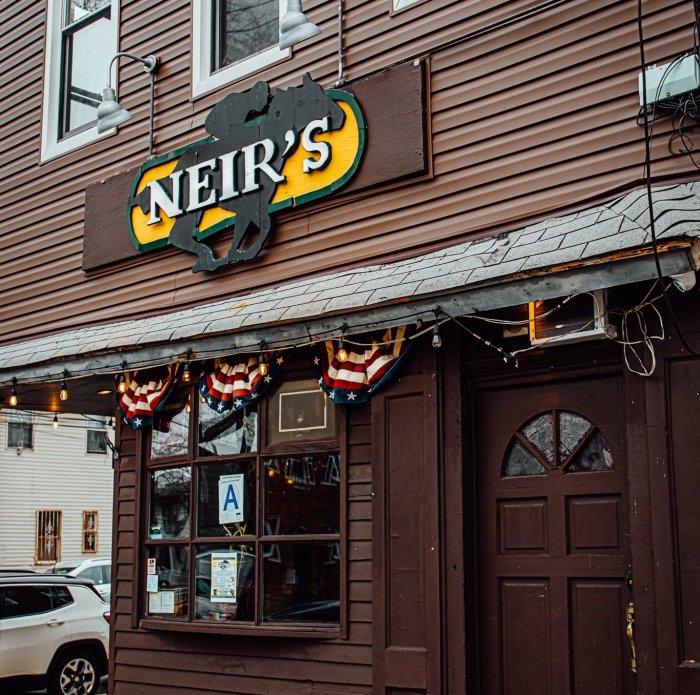A new book on a massive visa-for-sale racket the U.S. State Department busted at its mission in Guyana 13 years ago has hit international newsstands, providing sordid details of how a Chicago-born former junior foreign service officer sold hundreds of visas to Guyanese including convicts and used a renegade police squad led by two government-favored senior police officers to kill or brutalize locals who had tried to expose him.
Thomas Carroll who was in April 2001 sentenced by a Chicago court to 21 years in prison for his part in heading up a long-running racket at the mission where he sold more than 800 visas for about $10,000 each, had worked at the embassy for two years before he was busted as he tried to hand over the racket, contacts and visa brokers to his successor who had helped to blow the whistle on him.
The book, “The Thomas Carroll Affair — A Journey Through The Cottage Industry of Illegal Immigration”, is written by New York writer David Casavis who spent long periods in Guyana conducting interviews and researching the case. He also spent months with investigators at diplomatic security offices at the State Department. compiling details about the racket that American officials had acknowledged as one of the worst in its history.
Casavis provided details of many unexplained killings and beatings of ordinary citizens that Guyanese authorities say they will now investigate more thoroughly.
He said Carroll had used a heavily armed rogue police squad to kill or brutalize businessmen who had heard about the racket, wanted to cash in on it by providing people who were willing to pay the sale fee, but were rebuffed by Carroll because they were too persistent in calling him at work, visiting him at home or were deemed to be too talkative and risky.
The squad was led by disgraced Superintendent Leon Fraser who was himself gunned down in April 2002 in still-unexplained circumstances.
The writer details how Carroll had difficulty hiding millions of American dollars he had compiled, converting some into gold bars, hiding some in safe-deposit boxes in Barbados and other countries and using couriers to ferry cash to Chicago. Carroll had invested in a local mining company to provide cover for the gold bars that federal agents later confiscated.
Casavis said that the book is about a story of “a small corrupt country and how an American Embassy official looted it. It is also a story of illegal immigration.”
The book is on Amazon.Com.
In one case involving the police, Casavis said, businessman Jamal Shabazz had heard of the racket, wanted to cash in and also had wanted to obtain visas for his two young sons.
He called the embassy often to speak with an angry Carroll who had refused to take his calls. Growing increasingly desperate, Shabazz wrote Carroll, threatening to report the racket to Ambassador James Mack. Carrol in turn simply sent Fraser and the goon squad to his home to kill him, but he hidfrom them.
“They tore the place apart. They broke the furniture into small pieces. The damage was total,” Casavis said of the cops who were looking to kill Shabazz.
In another case, Fraser and his men barged into the home of two Guyanese Rastafarians and shot them dead to cover an attack that Carroll had ordered.























